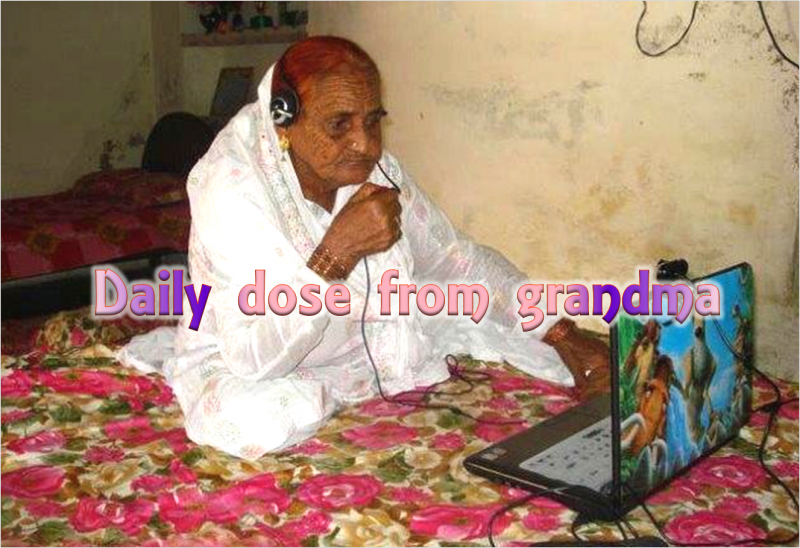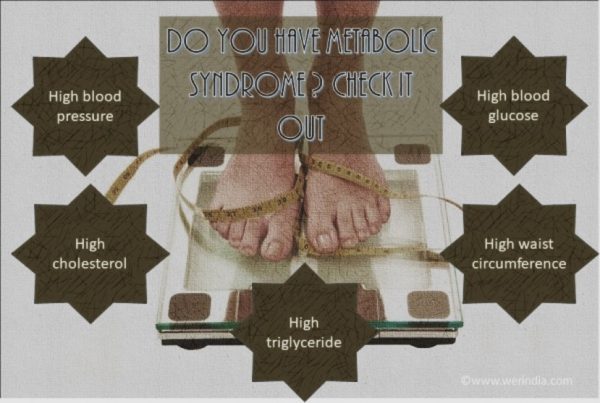
How to keep eye glasses clean
Eyesight is precious, and we must protect eyes. At any age anyone might in need of eye glasses for different purposes based on our need. We invest much on eye glasses not just for eye glasses, for eye glass cleaners too. In fact, eye glasses are revolutionized, and they are designed in such as way to protect our eyes from harmful UV rays and also to provide comfort to eyes. Technically advanced eye glasses come with coatings that are durable for some time. What we need to understand that these coatings or anti-scratch glasses does not mean complete scratch proof. They prevent scratches that can easily happen to regular eye lens. It is important to keep eye glasses clean to avoid accidents, for better eye sight, for better view and visibility. Tips to clean eye glasses – anti scratch or not – are below.
One can use following materials for cleaning eye glasses:
- Water
- Rubbing alcohol
- Lens wipes/eye glass wipes
- Microfiber cloth
- Dishwashing liquid
To clean eye glass:
- Hold glasses under running lukewarm water. Do not use hot water as it can damage life span of eye glasses by removing coatings
- Take a small drop of dish soap in fingertip. Gently rub on both sides of glass and on frame.
- Rinse using warm water, gently dry glasses using microfiber cloth. When you use microfiber cloth it won’t leave any type of lent behind and glasses look perfect
- Use lens wipes to keep eye glasses clean throughout the day. Keep lens wipes at home, in your bag and at office. You can also spritz rubbing alcohol and wipe with microfiber cloth.
- The fibers in cloth and paper act like sand paper and scratches the lens and eventually disturbs the coating. Clothes might have dust and debris that can scratch lens.
Other precautions:
- Do not dry clean lens, always use water
- Do not leave eye glasses near any of your beauty products. Chemicals from beauty products such as hairspray, nail polish, shampoo can potentially damage the coating on lenses
- Before cleaning eye glasses clean your hands. Shake glasses gently to remove excess water and then wipe glasses using lens wipes
-If you feel that your glasses need deep cleaning, then get ultrasound cleaning machine like ultrasonic cleaner that is available at low prices online. These machines remove all gunk and grime without harming the coatings.
Do not clean eye lens using harsh chemicals and fibers like
- Ammonia solution
- Window glass cleaner
- Bleach liquid
- Vinegar
- Lemon juice
- Paper towels
- Old or new shirt
- Facial tissue
- Your exhale
To put your best face in front of world take help of clean eye glasses. If you do not clean glasses regularly it can lead to build up oil film with dirt. This film will obstruct your view and eye sight will further deteriorate and you will end up getting new eye glasses with new readings. Take precaution today and protect your eyes.
References:
- https://www.zennioptical.com/
- https://www.wsj.com
- https://www.goodhousekeeping.com
- https://www.aoa.org
- Image credit: Photo by Scott Van Daalen on Unsplash
Author: Sumana Rao | Posted on: May 18, 2019
« Do you have metabolic syndrome? How to reduce hand pain at work »








